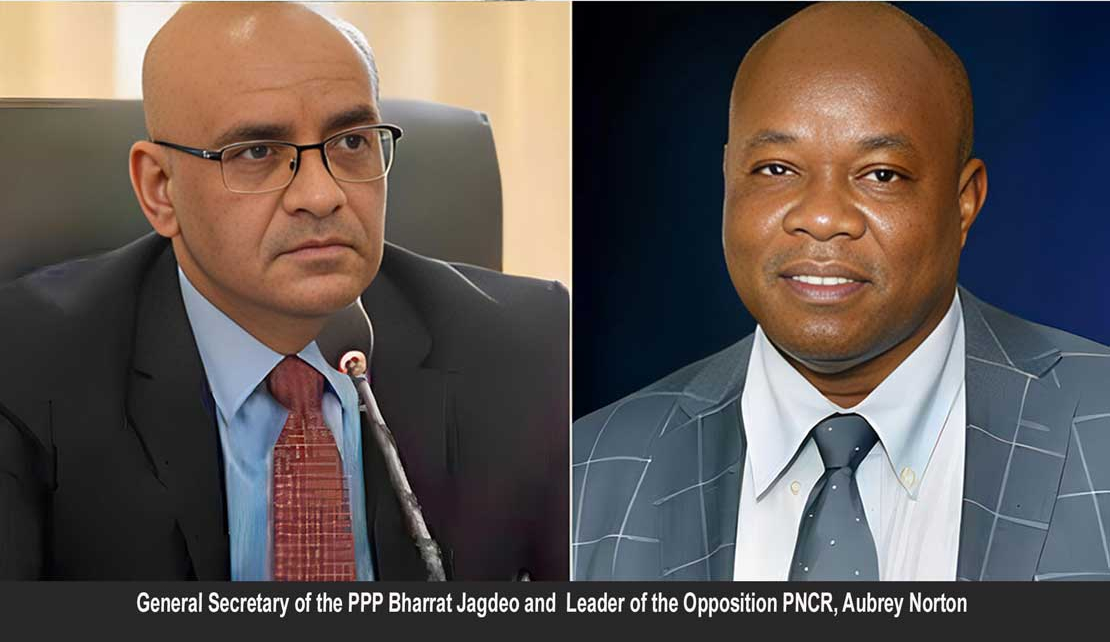GUYANA | PPP's Refusal to Accept Court Papers Raises Alarm as Landmark Lawsuit Unfolds

GEORGETOWN, Guyana, June 27, 2024 - In a troubling development that underscores the urgency of a recent legal challenge to Guyana's political establishment, the ruling People's Progressive Party (PPP) has refused to accept court papers at its headquarters, Freedom House.
This move which took place earlier on Thursday, has raised serious questions about the separation between party and state in Guyana's democracy.
The incident occurred as lawyers attempted to serve papers to Bharrat Jagdeo, the PPP's General Secretary, in connection with a groundbreaking lawsuit filed by Brian Collison.
This legal action, which names Attorney General Anil Nandlall S.C., PPP General Secretary Bharrat Jagdeo, and People's National Congress Reform Leader Aubrey Norton as respondents, seeks court declarations on the standing and obligations of political parties in performing functions delegated to them by Guyana's Constitution.
Specifically, Collison is asking the court to declare that:
- Political parties are legal entities that can be sued.
- Major political parties perform functions exclusively reserved for the State, which impact the constitutional rights of Guyanese.
In an unprecedented move, Freedom House officials rejected the papers, insisting they be delivered instead to the Office of the President, where Jagdeo serves as Vice President. This directive has sparked immediate concern among legal experts and political observers.
Dr. Vivian Williams, Collison's attorney, expressed deep concern over this development. "The diversion of service to the Office of the President by Freedom House is troubling," Dr. Williams stated. "It ignites fears that the PPP has become inseparable from the State and the government."
This refusal to accept legal documents at the party's known headquarters not only challenges established legal norms but also seems to validate the very issues at the heart of Collison's lawsuit. The case seeks to establish clear lines of accountability for political parties and their constitutional responsibilities.
The PPP's actions appear to blur the lines between party operations and government functions, a situation reminiscent of past accusations of "party paramountcy" that the PPP itself has leveled against previous administrations.
The irony of this situation is not lost on observers, who note that what was once criticized as symbolic overreach by opposition parties now seems to be manifesting in more concrete ways under the current government.
Dr. Williams has called for increased vigilance to prevent the actualization of party paramountcy, warning that this incident could set a dangerous precedent. The involvement of public servants in what should be party matters further complicates the issue, potentially forcing state employees into political roles.
As Guyana grapples with these fundamental questions of democratic governance, all eyes are now on the courts. Their response to this situation and to Collison's broader lawsuit could have far-reaching implications for the future of political accountability and the separation of party and state in Guyana.
This development adds a new layer of urgency to Collison's legal action, highlighting the immediate need for clarity on the role and responsibilities of political parties in Guyana's constitutional framework.
The outcome of this case could potentially reshape the landscape of political accountability in the country.
-30-
